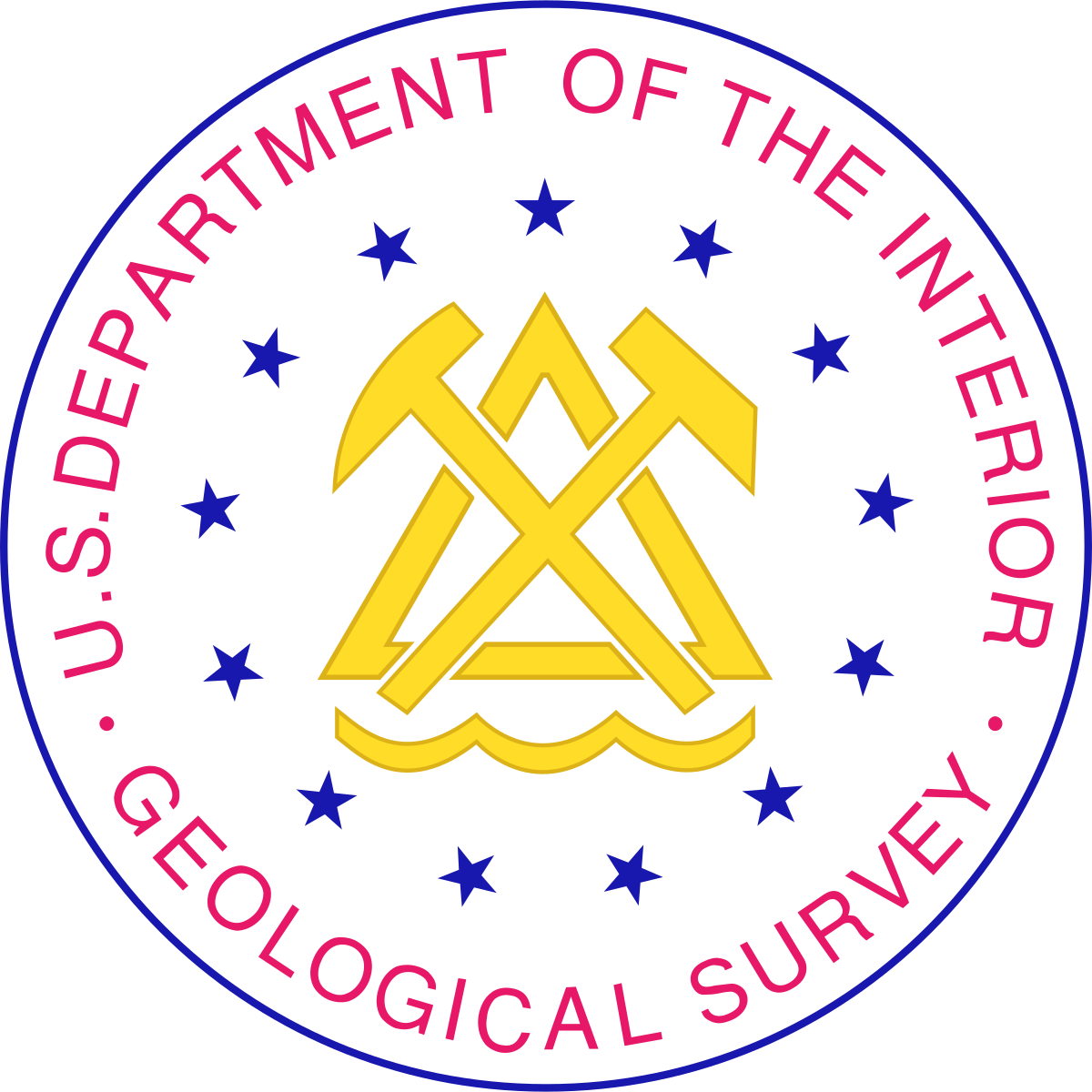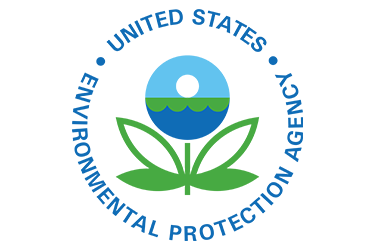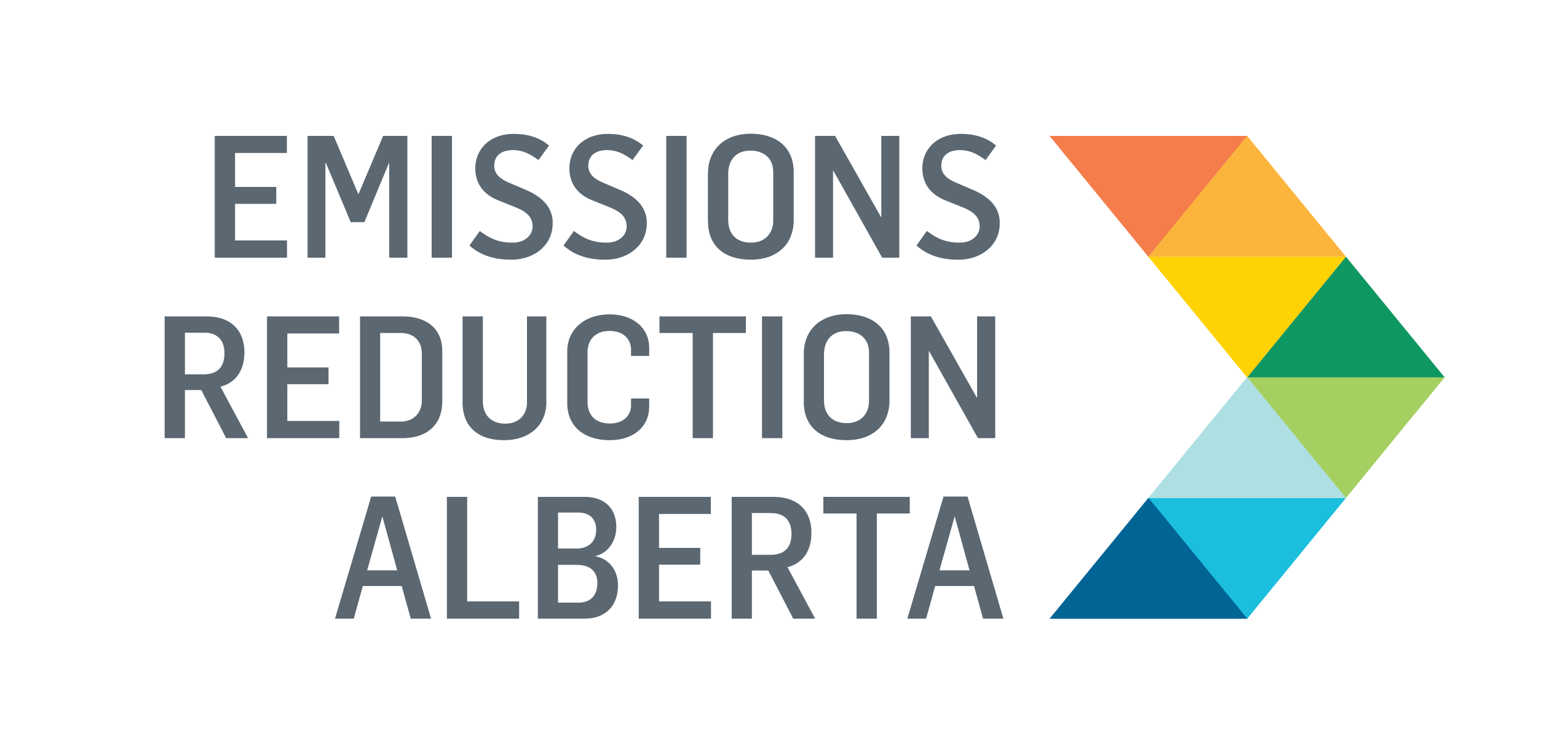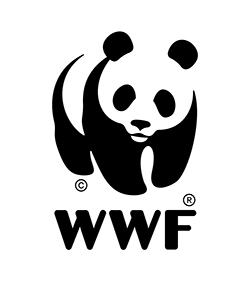Company Directory - Fisheries and Oceans Canada
Company Details - Fisheries and Oceans Canada

Fisheries and Oceans Canada
WebsiteCanada
Fisheries and Oceans Canada is a department of the Government of Canada responsible for managing the country's oceans and inland waters, promoting sustainable fisheries, and protecting marine habitats.
CCI Score
CCI Score: Fisheries and Oceans Canada
-16.39
0.07%
Latest Event
DFO Canada Criticized for Failing to Enforce Seafood Supply Chain Traceability
An opinion article published on May 27, 2024, in which critics highlight that Fisheries and Oceans Canada has not acted decisively to implement stronger traceability standards under the Safe Food for Canadians Act. The lack of robust enforcement is said to contribute to forced labour and human rights abuses in global seafood supply chains, as major retailers continue to source products with opaque origins.
Take Action
So what can you do? It's time to make tough choices. Where will you cast your vote?
- Shop Alternatives
SEE ALL - Use Your Voice
OTHER TOOLS - Investigate
- Share the Score
SUPPORT CCI
ENABLER
Fisheries and Oceans Canada is currently rated as an Enabler.
Latest Events
 MAY272024
MAY272024An opinion article published on May 27, 2024, in which critics highlight that Fisheries and Oceans Canada has not acted decisively to implement stronger traceability standards under the Safe Food for Canadians Act. The lack of robust enforcement is said to contribute to forced labour and human rights abuses in global seafood supply chains, as major retailers continue to source products with opaque origins.
-70
Supply Chain Ethics
April 3
The article criticizes the failure of Fisheries and Oceans Canada to implement promised traceability measures amid a regulatory review of the Safe Food for Canadians Act. This inaction is linked to ongoing forced labour and human rights abuses in the seafood industry, representing a significant lapse in the department's ethical responsibility to ensure supply chain transparency and protect vulnerable workers.
 JAN242024
JAN242024A recent article criticizes Canada, and by extension Fisheries and Oceans Canada, for lagging behind in implementing effective measures to address labor abuses and human rights violations in global seafood supply chains. The article highlights poor working conditions for seafarers and migrant workers, and notes that despite new regulations such as the Forced Labour and Supply Chain Reporting Law, Canada has not enacted robust human rights due diligence legislation.
-70
Labor Relations and Human Rights Practices
April 3
The article details dire labor conditions in the seafood industry, including exploitative hours, low wages, and lack of labor protections. This reflects a significant failure in protecting workers' rights, which falls under the 'Labor Relations and Human Rights Practices' category.
Canada lags behind on efforts to address human rights abuses in seafood supply chains
-60
Supply Chain Ethics
April 3
The piece also emphasizes weaknesses in supply chain ethics, noting that current certifications and audits do not adequately address forced labor and other abuses. This highlights deficiencies in ensuring ethically sourced seafood within Canada's regulatory framework.
Canada lags behind on efforts to address human rights abuses in seafood supply chains
 JAN012024DFO 2024-25 Departmental Plan Advances Sustainable, Inclusive, and Innovative Fisheries Management
JAN012024DFO 2024-25 Departmental Plan Advances Sustainable, Inclusive, and Innovative Fisheries Management61.30
Fisheries and Oceans Canada released its 2024-25 Departmental Plan, outlining comprehensive measures to ensure sustainable fisheries management, bolster conservation efforts, enhance Indigenous reconciliation, and leverage innovation in technology and environmental practices. The plan emphasizes transparent stakeholder engagement, science-driven decision‐making, and a commitment to inclusivity, positioning the department as a progressive, anti‑authoritarian actor in managing Canada’s marine resources.
+80
Public and Political Behavior
April 3
Under Public and Political Behavior, the plan demonstrates strong leadership in engaging a broad range of stakeholders – including Indigenous communities – and promoting transparency which counters authoritarian trends by ensuring participatory governance.
+70
Business Practices and Ethical Responsibility
April 3
The plan emphasizes ethical responsibility in managing natural resources through sustainable practices and rigorous performance targets for environmental protection and fisheries management, reflecting a commitment to public welfare over corporate exploitation.
+60
Technology and Services Impact
April 3
Regarding Technology and Services Impact, the initiative includes investment in innovative technologies, such as AI-assisted monitoring and digital solutions, which enhance environmental protection and operational efficiency while promoting a transparent, science-based approach to resource management.
 JUL152023
JUL152023In mid-July 2023, Fisheries and Oceans Canada (DFO) reportedly confiscated lobster traps from the Sipekne’katik Nation, prompting the community to sue the department. This action comes amid longstanding tensions over the interpretation and implementation of treaty fishing rights and has been criticized as an example of heavy-handed enforcement that undermines Indigenous rights and equitable fisheries management.
-60
Public and Political Behavior
April 3
Fisheries and Oceans Canada's enforcement actions—illustrated by the seizure of Indigenous lobster traps—reflect a use of state power that undermines treaty rights and fosters political mistrust. Such actions are seen as heavy-handed and contribute to a climate of exclusion and authoritarianism in public policy.
Why Are Indigenous Fisheries Still Drawing Anger and Violence?
-40
Business Practices and Ethical Responsibility
April 3
The department's repeated confiscation of lobster traps and imposition of restrictive trading terms illustrate a failure to engage in fair and ethical business practices. This approach not only disrupts Indigenous livelihoods but also reinforces systemic inequities in resource management.
Why Are Indigenous Fisheries Still Drawing Anger and Violence?
 APR152023
APR152023In April 2023, Fisheries and Oceans Canada closed the elver fishery early following a series of violent altercations, including an incident where a fisher was allegedly hit with a metal pipe. This decision reflects mounting tensions over treaty rights and the manner in which indigenous and non‐indigenous fishers are policed.
-30
Public and Political Behavior
April 3
The early closure of the elver fishery represents a heavy-handed enforcement response by Fisheries and Oceans Canada. This action, taken in the midst of violent confrontations, has contributed to escalating tensions with Indigenous communities by failing to address underlying treaty rights and concerns about disproportionate regulatory practices.
 FEB062023
FEB062023Fisheries and Oceans Canada announced a $46.5 million, five-year investment to enhance ocean monitoring systems through funding provided to Ocean Networks Canada under Canada’s Oceans Protection Plan, aiming to improve real-time data collection and safeguard marine ecosystems.
+50
Business Practices and Ethical Responsibility
April 3
The investment demonstrates a commitment to ethical and sustainable practices by enhancing the capacity for real-time ocean data collection, improving environmental monitoring, and supporting community safety. This aligns with progressive efforts to protect vulnerable ecosystems and promote transparency in public resource management.
+70
Technology and Services Impact
April 3
By funding advanced ocean monitoring technology, the department is enhancing scientific capabilities and ensuring real-time, open access to critical data. Such transparency and technological investment counter authoritarian tendencies by empowering communities and bolstering environmental resilience.
 JAN052023
JAN052023An article published on January 5, 2023, reports that Fisheries and Oceans Canada has not adequately enforced the forced labour import ban in the seafood supply chain. The piece details concerns over labour abuses—including forced labour—and highlights the failure to implement traceability measures recommended by the Standing Committee on Fisheries and Oceans.
-60
Labor Relations and Human Rights Practices
April 3
The article outlines severe labour abuses in the seafood industry, linking them to the failure of Fisheries and Oceans Canada to enforce the forced labour import ban. This inaction undermines worker rights and perpetuates exploitative labor practices, contributing negatively to ethical business conduct.
-50
Supply Chain Ethics
April 3
The report criticizes the absence of effective supply chain traceability and due diligence measures in Fisheries and Oceans Canada's oversight. This omission facilitates the importation of seafood produced under abusive conditions, reflecting poorly on ethical sourcing practices.
 JAN052023
JAN052023An article published on 5 Jan 2023 highlights that Fisheries and Oceans Canada has not implemented critical measures—such as the recommended boat-to-plate traceability program—to effectively regulate seafood imports. This regulatory inaction has resulted in forced labour conditions remaining unchecked in the seafood supply chain, undermining worker rights and ethical supply chain practices.
-60
Labor Relations and Human Rights Practices
April 3
Fisheries and Oceans Canada's failure to legislate and enforce measures against forced labour in seafood imports reflects a disregard for labor rights and human rights protections. By not acting on the 2022 committee recommendations for a boat-to-plate traceability program, the department remains complicit in allowing exploitative labor practices to continue within its supply chain oversight.
Canada: Government failure to regulate seafood imports contributes to complicity for forced labour
 JUL152022
JUL152022In July 2022, Fisheries and Oceans Canada seized lobster traps used by the Sipekne’katik Nation in their moderate livelihood fishery. This action intensified conflicts over indigenous treaty rights and further eroded trust between the community and the federal department.
-50
Public and Political Behavior
April 3
The seizure of lobster traps represents an authoritarian enforcement measure that undermines indigenous sovereignty and treaty rights. This heavy-handed action, which led to legal challenges and growing community distrust, is indicative of practices that empower state control at the expense of indigenous economic and social rights.
 MAY272022
MAY272022A 2022 report highlights that Fisheries and Oceans Canada has failed to implement a mandated boat-to-plate traceability system and address forced labour and unacceptable working conditions in Canadian seafood supply chains, leaving the department complicit in neglecting worker rights.
-40
Public and Political Behavior
April 3
Fisheries and Oceans Canada did not act on the 2019 mandate letter directing the development of a boat-to-plate traceability system, thereby failing to provide proactive political leadership in addressing forced labour and human rights abuses within the seafood supply chain.
PDF Human Rights, Forced Labour and Sustainability in Global Fisheries: a ...
-30
Labor Relations and Human Rights Practices
April 3
The department’s failure to implement effective labour standards and supply chain due diligence contributes to persistent human rights abuses and unacceptable working conditions in global fisheries, effectively undermining workers' rights and ethical practices in the seafood industry.
PDF Human Rights, Forced Labour and Sustainability in Global Fisheries: a ...
 JUL012021
JUL012021In July 2021, Fisheries and Oceans Canada signed the Fisheries Resources Reconciliation Agreement with Coastal First Nations. The agreement established collaborative governance structures, improved economic access to fisheries, and supported community-based fisheries initiatives, reinforcing a Nation-to-Nation relationship and emphasizing the recognition of Indigenous rights as part of Canada's commitment under UNDRIP.
+80
Public and Political Behavior
April 3
The agreement demonstrates strong public and political behavior by fostering a collaborative, inclusive governance model and reinforcing Indigenous rights. The commitment to a Nation-to-Nation relationship and respect for UNDRIP positions this action as a significant anti-fascist initiative.
Fisheries Resources Reconciliation Agreement (FRRA) between Coastal First Nations and Canada
+70
Economic and Structural Influence
April 3
The FRRA agreement supports economic and structural influence by providing financial support, commercial licence access, and opportunities for community-based economic development for Indigenous communities. This initiative helps to redress historical imbalances and promote equitable economic participation.
Fisheries Resources Reconciliation Agreement (FRRA) between Coastal First Nations and Canada
Alternatives

Corporation
63.41
United Kingdom
46.01

United States
16.51

Washington, United States
3.02

Washington, D.C., United States
-23.73

Edmonton, Canada
43.18

Calgary, Canada
28.79

Canada
-55.72
Washington, D.C., United States
70.00

Wellington, New Zealand
66.30
Industries
- 114119
- Other Marine Fishing
- 924110
- Administration of Air and Water Resource and Solid Waste Management Programs
- 924120
- Administration of Conservation Programs